Country Book Cuba
About the Book
The Story.
The Impact.
The Lessons.
This book tells the story of Atlantic’s $68 million investments in Cuba between 2002 and 2016 to improve health outcomes and share Cuba’s primary health care model globally.
What the book covers:
- What attracted Atlantic Founder Chuck Feeney to Cuba.
- People and groups the foundation supported.
- What Atlantic’s grantees accomplished.
- Lessons from the work.
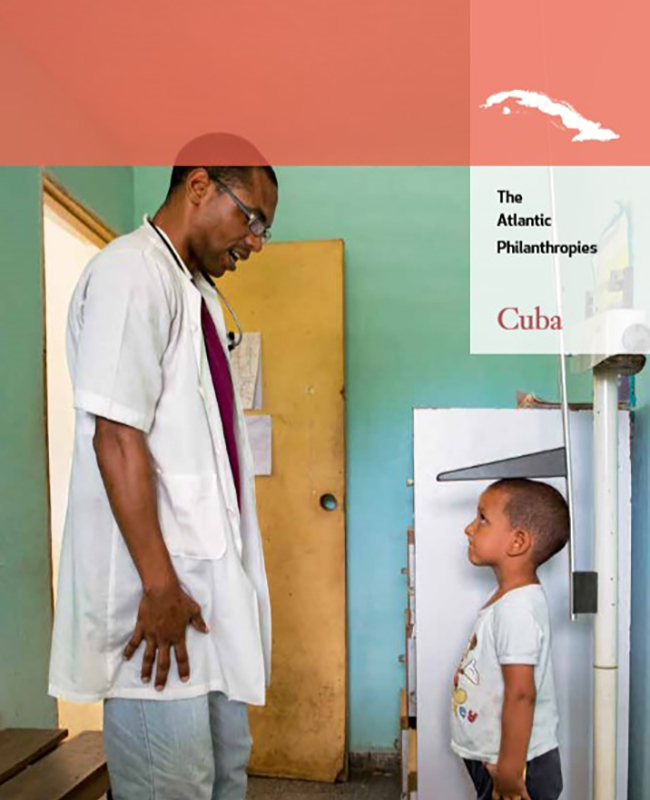
Summary
The Atlantic Philanthropies dared to invest in Cuba, a country where few other funders have gone.
Over 15 years—2002 through 2016—the foundation made grants totaling more than $68 million to 58 grantees in Cuba and elsewhere. The vast majority of the investment, $59.7 million, supported the health sector and broad dissemination of lessons from the Cuban primary health care system, which focuses on disease prevention and health promotion.
This effort, along with the Cuban government’s considerable investment, has resulted in improved health care, medical education, health research and good health for the island nation’s population as well as millions of people in the 66 countries currently receiving either Cuba’s medical aid and/or medical educational assistance.
Many more people across the globe also have benefited indirectly from Cuba’s influence in international public health circles as a model system that, in a low-resource environment, has produced mortality results that rival those of the United States and other wealthy countries.
Atlantic—more specifically the Atlantic Charitable Trust (ACT), a charity registered with the Charity Commission for England and Wales—provided support that allowed Cuba’s already highly qualified medical researchers, health system staff and educators to deepen and expand work that has had, and will continue to have, global impact. One striking example is the significance of the longitudinal study on the Isle of Youth (ISYS) to understand and combat vascular diseases. Its findings are now influencing health care across the region.
One of Atlantic’s great untold stories is its effort to normalize U.S.–Cuban relations. From 2008 to 2016, the Atlantic Advocacy Fund (AAF), a 501(c)(4) organization, invested $6.5 million to support U.S. nongovernmental organizations (NGOs), think tanks and advocacy groups representing many views and approaches to improve diplomatic and economic relations. In the first three years, the foundation also created and coordinated the results-oriented Cuba Coalition, a group of key players unaccustomed to working together closely, to achieve an end to the travel ban from the United States to the island nation.
Atlantic saw an opportunity to use what it learned from working in Cuba to refine and validate the population health strategies that it was implementing in Viet Nam and South Africa.
AAF’s big bet on improving U.S.–Cuban relations was successful beyond anyone’s wildest dreams and its impact was historic. Atlantic funded a constellation of NGOs and institutions that demonstrated, in advance, widespread public support for President Barack Obama’s eventual decision to reestablish diplomatic relations with Cuba.
These grantees mobilized civil society, changed the narrative from antiengagement to pro-engagement, and supported Congressional and administration representatives in their efforts to improve U.S–Cuban relations. This was exactly the kind of public support that gave elected officials the confidence to act.
AAF viewed this coordination as necessary so those organizations could have greater impact by strategizing together and developing unified messaging.
This coordinated effort resulted in important background studies and legal briefs; Congressional and administration briefings and fact-finding trips; media campaigns; opinion polling; and other advocacy efforts, which helped lay the groundwork for President Obama’s reestablishment of diplomatic relations with Cuba in 2015 after a 54-year estrangement.
Download and continue reading >
Timeline
Atlantic in Cuba, 2002- 2016
-
2002
Atlantic makes first grants for Cuba: MEDICC ($300,000), 2 to Global Links ($342,000) and INFOMED ($20,000)
-
2004
Feeney party meets with Fidel and Raúl Castro on health care
-
2008
Cuba Coalition formed to advocate for easing travel restrictions
-
2009
Atlantic commits to help strengthen the health care delivery on the Isle of Youth following two hurricanes
-
2012
Window opens to push for normalization of U. S. - Cuba relations
-
2013
Largest grant to Cuba: $5.8 million to MEDICC
-
2018
Final grant to Cuba: $400,000 to MEDICC to support MEDICC Review for two years
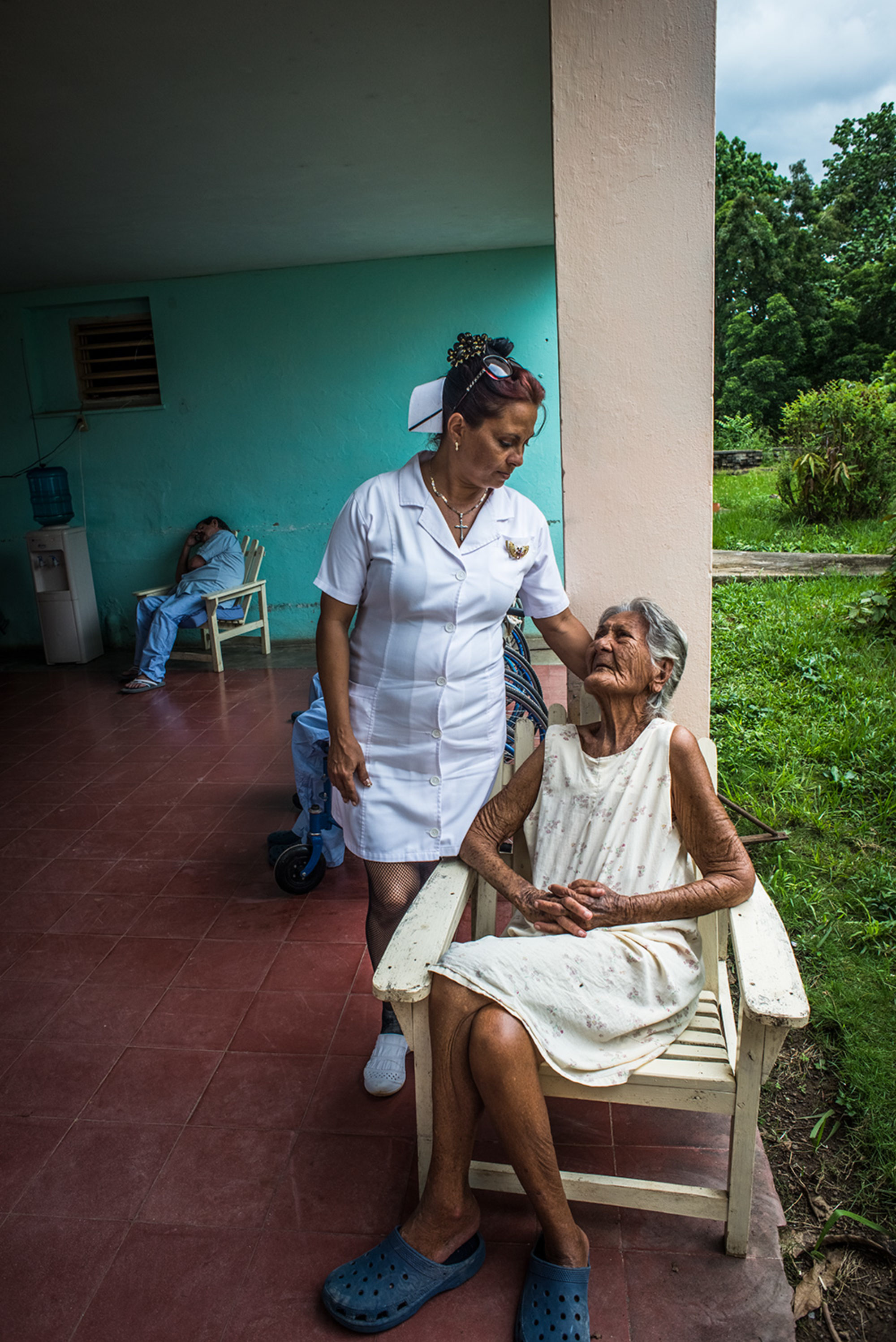
Top Lessons
Our Top Takeaways
- The importance of sound legal counsel that focuses on getting to “yes.”
- Trusted partners and grantees are keys to success.
- Grantee-led coalitions or groups composed of the right people can often accomplish far more than a single grantee.
- Investing in the health sector in Cuba has a multiplier effect.
- Selecting the right project can provide huge returns.
- Funders need to be flexible.
- A comprehensive strategy covering all angles is critical when doing policy work.
- This work is a people-to-people effort.
- Political will at the highest levels of the foundation makes program and policy success more likely.
- Patience and perseverance — and accepting that new leadership may nullify gains — are all part of policy work.
- A relatively small, but highly focused investment, when targeted to the groups best-positioned to pursue change, can lead to successful outcomes.
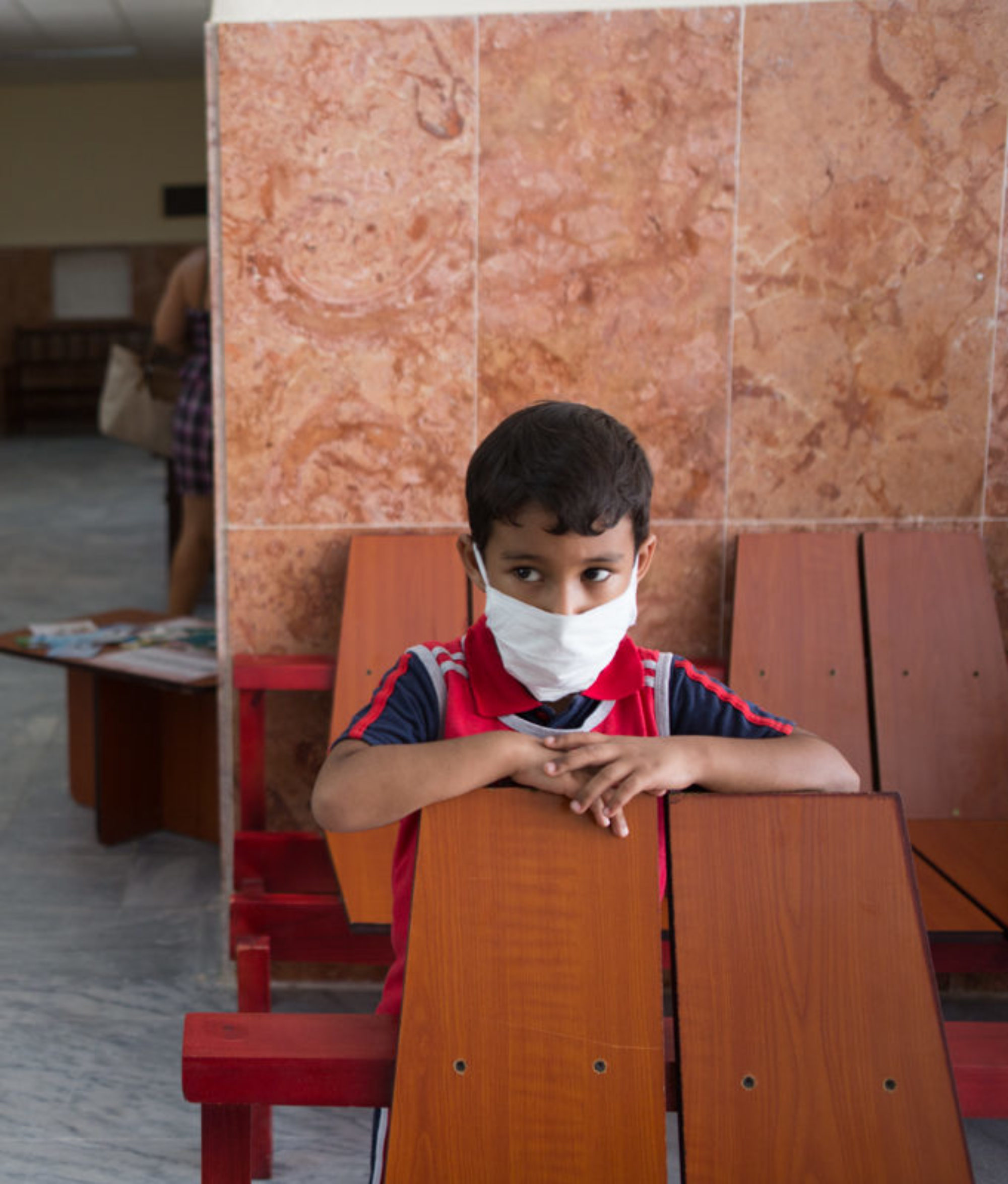
Grantee Stories
Our grantees have stories to tell.
The book includes a series of vignettes with personal stories from these grantees:
- William Soler Pediatric Hospital
- INFOMED and the National Medical Sciences Information Center
- Latin American Medical School—ELAM
- Community Partnerships for Health Equity
- Cuban Neurosciences Center
- Center for Democracy in the Americas
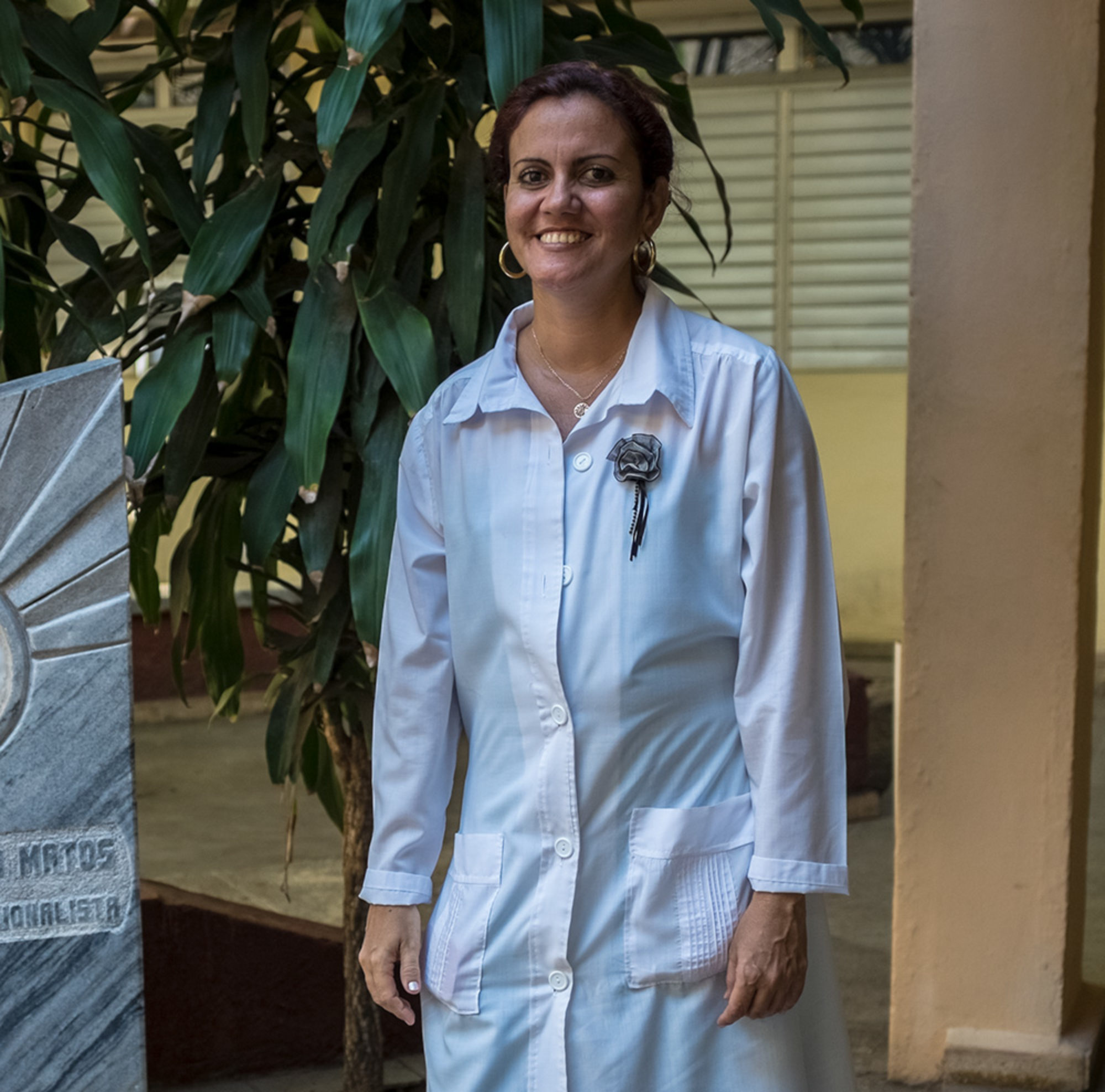
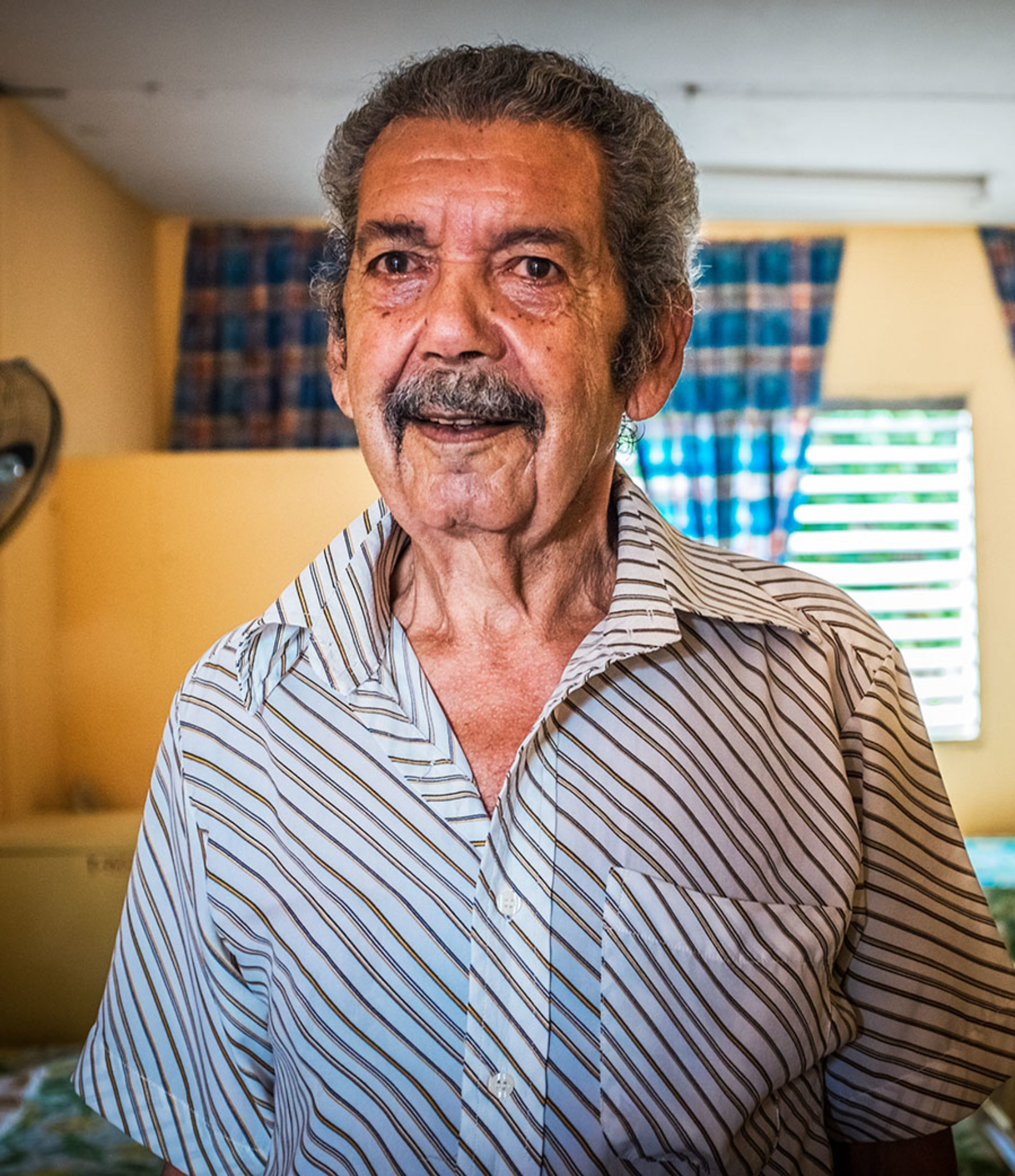
Extra Photo 1
text
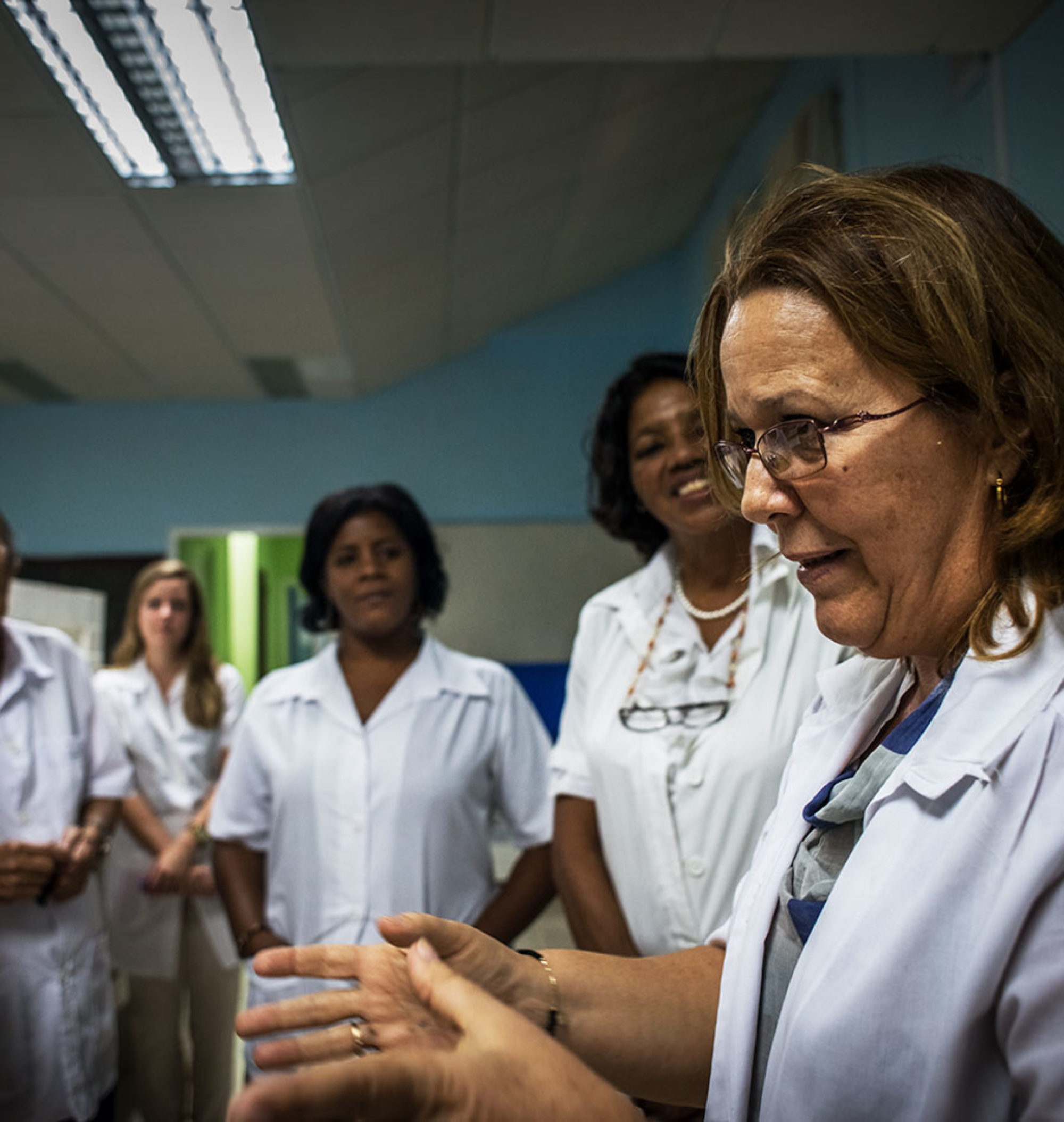
Extra Photo 2
text
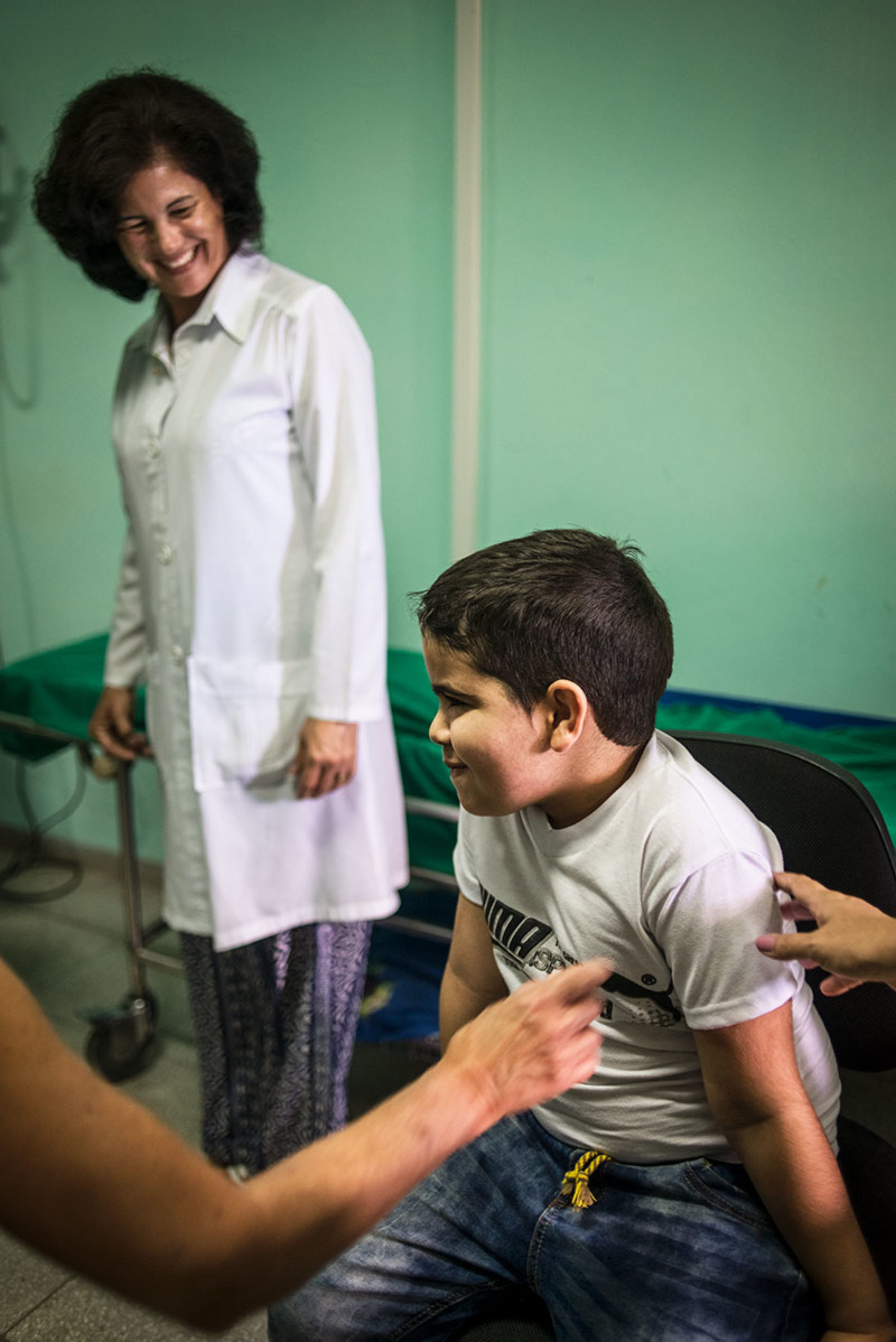
Extra Photo 3
text
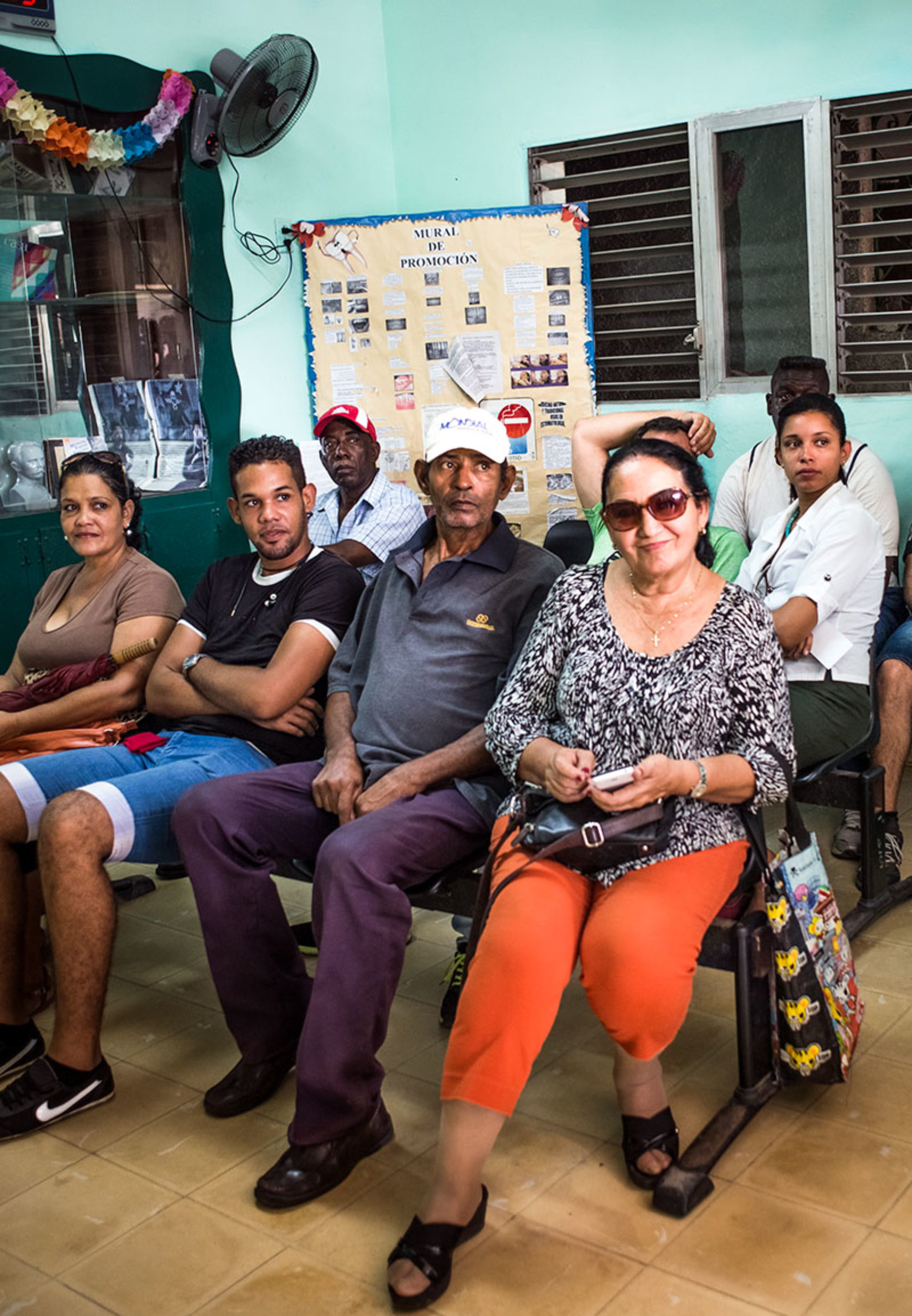
Extra Photo 4
Text
Download
Read it now.
Lessons detailed in The Atlantic Philanthropies: Cuba may inform health care work globally and be relevant to other funders interested in investing in Cuba and its people.
Download the full book (PDF) ›
Further Reading
